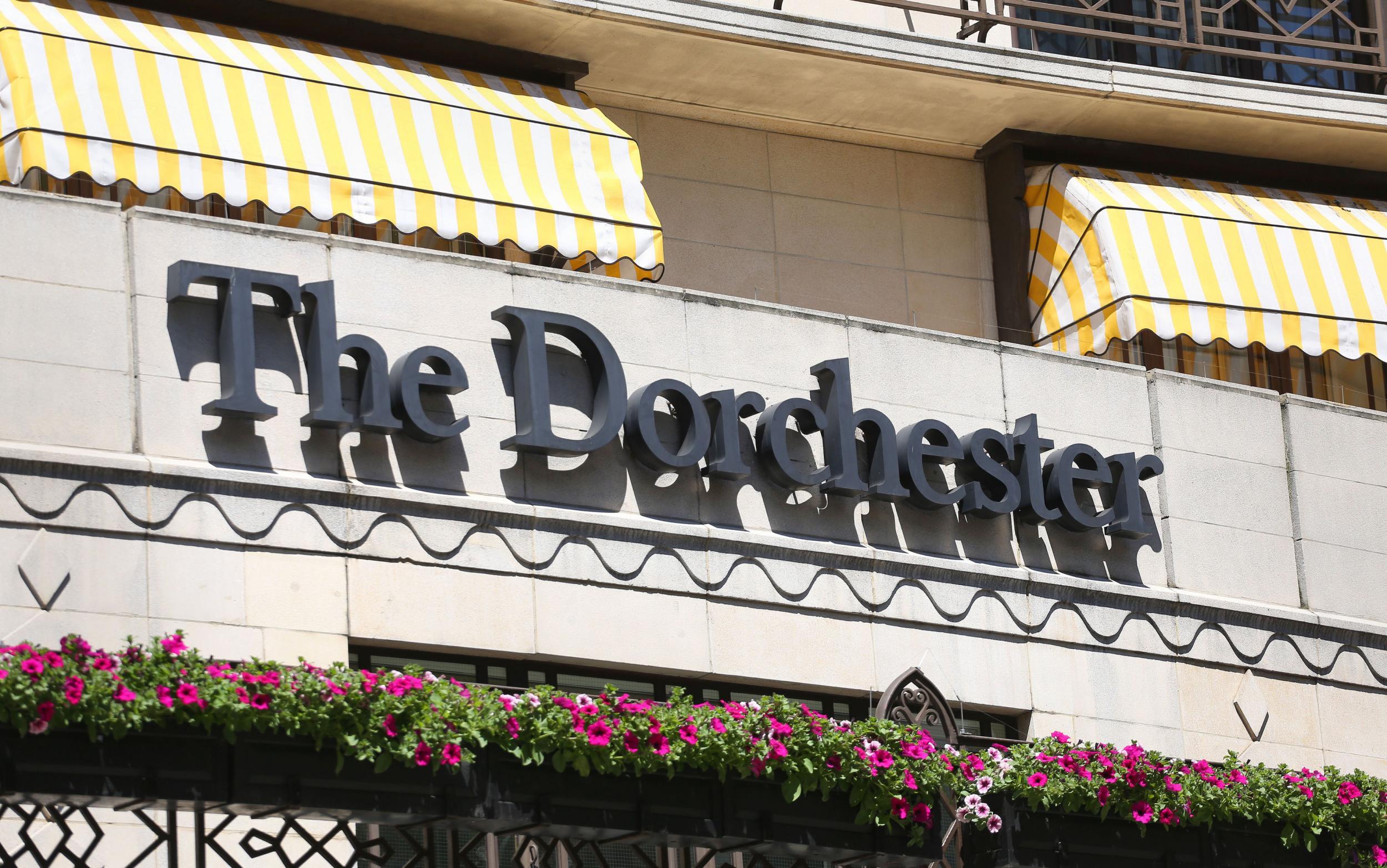Because of a law the Tories repealed in 2013, the Presidents Club had no legal responsibility to protect their 'hostesses' from harassment
What I find incredible is that so many business leaders felt what went on at the Presidents Club was OK. This is what Section 40 was designed to protect against


The most discomforting part of the FT’s investigation into the behaviour of the businessmen invited to the recent Presidents Club charity dinner at the Dorchester Hotel was that while it was shocking, it wasn’t really all that surprising.
The report’s value comes in the harsh light it casts on what, worryingly, we already know to be true and have perhaps been tacitly accepting of: that if you put together a men-only group of business “leaders” and hire young women to serve them booze they’ll behave as if the progress of half a century or more never happened.
We’re all part of the problem here, which is why the conversation now underway is so important.
What went on that night is unacceptable. That shouldn’t even need stating. The blind eye we so often turn towards the behaviour of boorish businessmen is in urgent need of some laser surgery, up to and including legal laser surgery.
One of the more troubling takeaways from this scandal is that there is nothing apparently in law that prevents an organisation from setting up women to be grouped and abused in the way they reportedly were that evening (and reports from the hospitality industry suggest that what undercover reporter Madison Marriage experienced is not at all unusual).
Section 40 of the 2010 Equality Act used to require employers to take “reasonable steps” to ensure staff were not made subject to third party harassment, such as that from guests, or customers, although only after two separate incidences had occurred.
But it was greeted by a storm of controversy. Many business leaders took a similar view to that of Dragon’s Den’s Duncan Bannatyne – two of whose fellow panellists were on the Presidents Club guest list. He claimed in the Daily Mail that it could lead to shop owners could facing lawsuits from staff offended by customers’ “jokes”.
Bannatyne kicked off his article by saying that he found it incredible that women workers had to strike to secure equal pay in the late 1960s. But he then said that he found it “equally incredible” that “the very fairness for which they fought so hard has been entirely traduced with the Equality Act 2010”.
In October 2013, the Government repealed Section 40, which made employers liable in certain circumstances for acts of harassment of an employee carried out by a third party.
What I find incredible is that so many business leaders felt what went on at the Presidents Club was ok. This is what Section 40 was designed to protect against.
Far from going too far, a review by the Fawcett Society, fortuitously released this week, justifiably argues that the legislation doesn’t go far enough.
Despite the Equal Pay act lauded by Bannatyne, it still doesn’t exist in the real world, as the recent scandals concerning the BBC make very clear. Some 54,000 pregnant women and working mothers are pressured to leave their jobs early each year. We have among the lowest maternity and paternity pay in Europe. If someone is discriminated against because of more than one aspect of their identity they are not protected by the law. The number of legal centres around the country has halved in 10 years. And so it goes on.
With egg all over its face from a minister having attended the Dorchester dinner, one way for the Government to repair some of the damage to its reputation would be to take the issues raised by the Fawcett Society on board and to reinstate Section 40 while it’s at it.
A petition on Change.org calling for that had, at the time of writing, attracted more than 65,000 signatures. So it would be a popular move.
But it’s not just the Government that has work to do here.
Whenever attempts are made to reform employment law the business community moans and wails and gnashes its teeth. “It’ll cost us money! It’ll swamp us in red tape! It’ll damage Britain’s wonderful job creating ‘flexible’ labour market that lets us fire people!”
There are an army of Duncan Bannatynes out there.
In the wake of the Presidents Club scandal it’s time for them, and the organisations that represent them, to sing a different tune.
Section 40 is about common decency and dragging the workplace out of the 1970s. Sensible companies ought to see that. A study by McKinsey, the management company, that I wrote about last week, found those that hire more women and minority ethnic workers, and foster workplaces conducive to them succeeding, are significantly more profitable than those that remain stuck in the past. Reform is in the business community’s interests if it would but recognise that fact.
Oh, and by the way, for those trolls who’ll start whining about all this being anti-men, Section 40 would protect them too. As the behaviour of Kevin Spacey exposed by Star Trek actor Anthony Rapp made clear, men too can be the victims here.
This is about protection from harassment for all because no one should be put into the position that the women who worked at Presidents Club that evening were.




Join our commenting forum
Join thought-provoking conversations, follow other Independent readers and see their replies